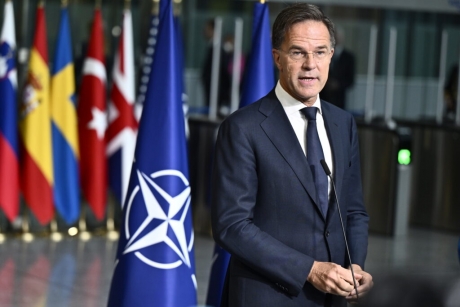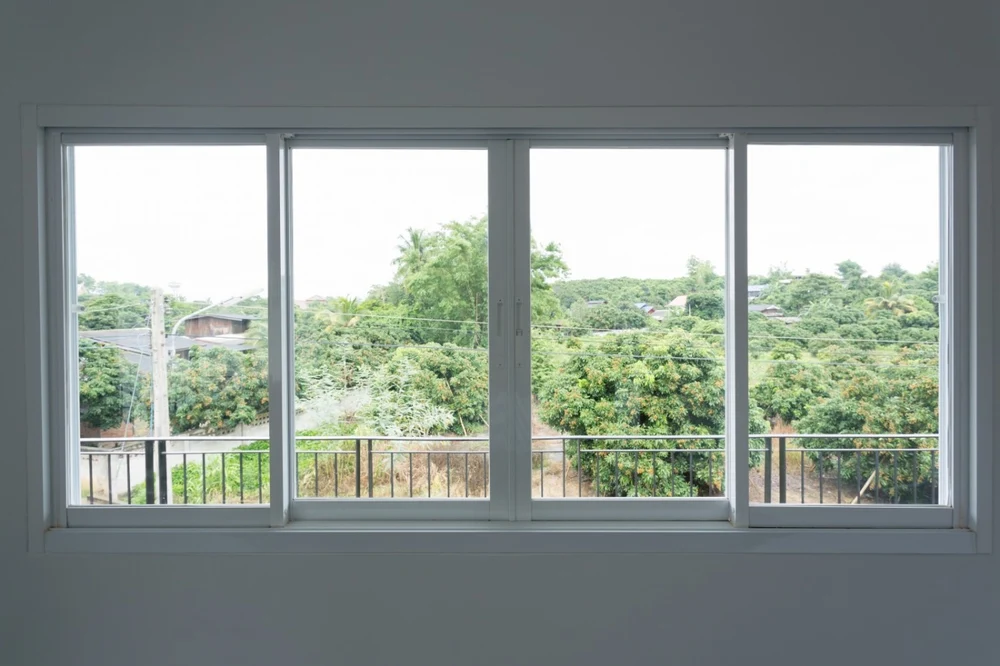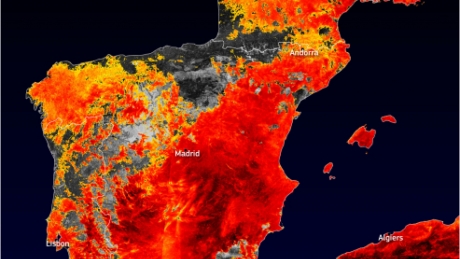Commission consults Member States on a proposal for a partial adjustment of the phase-out schedule of the State aid Temporary Crisis and Transition Framework in view of the upcoming winter heating period
Introduction
The European Commission has sent to Member States for consultation a draft proposal to partially adjust the phase-out schedule of the provisions of the State aid Temporary Crisis and Transition Framework aimed at providing a crisis response following Russia’s aggression against Ukraine and the unprecedented increase in energy prices.
Background and Context
Since the beginning of Russia’s war against Ukraine and in the context of its direct and indirect effects on the EU economy, the State aid Temporary Crisis Framework, adopted on 23 March 2022, has enabled Member States to provide timely, targeted and proportionate support to businesses in need. The Framework has allowed Member States to act quickly and effectively to help companies affected by the significant economic uncertainties, disrupted trade flows and supply chains, and the exceptionally large and unexpected price increases, in particular of natural gas, electricity, numerous other input and raw materials, and primary goods. Those effects taken together had caused a serious disturbance in the economy of all Member States across a wide range of economic sectors.
Proposed Prolongation and Scope
“Despite the stabilisation of the economic situation and the remarkable resilience of the Union’s economy overall, substantial uncertainty remains as regards the energy prices in the coming winter. This situation is still a source of strong concerns for consumers and companies in the EU. The proposal sent to Member States today would allow them to be prepared and provide further limited support during that period when necessary, while making sure that extraordinary rules remain temporary. In addition, the Commission is constantly monitoring economic developments and stands ready to swiftly respond to any unexpected events. The proposal does not affect the provisions of the Framework that allow for Member States to provide additional support to accelerate investments required to reach the net-zero targets, which remain available until end of 2025.” Commissioner Didier Reynders, in charge of competition policy – 06/11/2023
Framework Provisions Unaffected
On 9 March 2023, the Commission adopted the Temporary Crisis and Transition Framework, which amended and prolonged in part the Temporary Crisis Framework, and fosters support measures in sectors which are key for the transition to a net-zero economy, in line with the Green Deal Industrial Plan.
As Russia’s war of aggression against Ukraine continues, the EU’s economic situation is showing resilience in the face of the shocks it has endured. The Commission’s Summer 2023 Economic Forecast notes that the EU economy continues to grow, albeit with reduced momentum. The situation in the energy markets and in particular gas and average electricity prices seem to have stabilised. In addition, the risks of energy supply shortages have receded, among other things due to the measures taken by Member States to diversify energy sources. At the same time, the Summer 2023 Economic Forecast notes that Russia’s ongoing war against Ukraine and wider geopolitical tensions, in particular in the Middle East, continue to pose risks and remain a source of uncertainty.
Consultation and Next Steps
Against this background, the Commission is proposing a limited prolongation of 3 months of the provisions enabling Member States to continue to grant limited amounts of aid (section 2.1 of the Framework) and aid to compensate for high energy prices (section 2.4 of the Framework), until 31 March 2024. This will allow Member States, where needed, to extend their support schemes and ensure that companies still affected by the crisis will not be cut off from necessary support in the upcoming winter heating period. Under section 2.4 of the Framework, Member States may continue to provide support by covering parts of additional energy costs only as far as the energy prices significantly exceed pre-crisis levels.
Additional Information
The Commission’s draft proposal sent to Member States today does not affect the remaining provisions of the Temporary Crisis and Transition Framework. The other crisis-related sections of the Framework (i.e. liquidity support in form of State guarantees and subsidised loans, and measures aimed at supporting electricity demand reduction) will not be extended beyond their current expiry date, which is 31 December 2023. The sections aimed at accelerating the green transition and reducing fuel dependencies are not affected by the draft proposal and will remain available based on the current Framework until 31 December 2025.
More Resources
Member States now have the possibility to comment on the Commission’s draft proposal. The Commission intends to adopt the limited amendment to the Temporary Crisis and Transition Framework in the coming weeks, taking into account the feedback received from the Member States.
Background
The State aid Temporary Crisis Framework, adopted on 23 March 2022, enabled Member States to use the flexibility foreseen under State aid rules to support the economy in the context of Russia’s war against Ukraine. The Temporary Crisis Framework was amended on 20 July 2022 to complement the Winter Preparedness Package and in line with the REPowerEU Plan objectives. The Temporary Crisis Framework has been further amended on 28 October 2022 in line with the Regulation on an emergency intervention to address high energy prices and the Regulation enhancing solidarity through better coordination of gas purchases, reliable price benchmarks and exchanges of gas across borders.
On 9 March 2023, the Commission adopted the current Temporary Crisis and Transition Framework to foster support measures in sectors which are key for the transition to a net-zero economy, in line with the Green Deal Industrial Plan.
The Temporary Crisis and Transition Framework, as currently in force, provides for the following types of aid, which can be granted by Member States:
- Limited amounts of aid (section 2.1), in any form, for companies affected by the current crisis or by the subsequent sanctions and countersanctions up to €250,000 and €300,000 in the agriculture, and fisheries and aquaculture sectors respectively, and up to €2 million in all other sectors;
- Liquidity support in form of State guarantees and subsidised loans (sections 2.2 and 2.3). In exceptional cases and subject to strict safeguards, Member States may provide to energy utilities for their trading activities public guarantees exceeding 90% coverage, where they are provided as unfunded financial collateral to central counterparties or clearing members;
- Aid to compensate for high energy prices (section 2.4). The aid, which can be granted in any form, will partially compensate companies, in particular intensive energy users, for additional costs due to exceptional gas and electricity price increases. The individual aid amount may be calculated based on either past or present consumption, taking into account the need to keep market incentives to reduce energy consumption and to ensure the continuity of economic activities. In addition, Member States may provide support flexibly, including to particularly affected energy-intensive sectors, subject to safeguards to avoid overcompensation and to incentivise the reduction of the carbon footprint in case of aid amounts above €50 million. Member States are also invited to consider, in a non-discriminatory way, setting up requirements related to environmental protection or security of supply. Further details on the support possibilities for high energy prices, including on the methodology to calculate individual aid amounts, are available here;
- Measures accelerating the roll-out of renewable energy (section 2.5). Member States can set up schemes for investments in all renewable energy sources, including renewable hydrogen, biogas and biomethane, storage and renewable heat, including through heat pumps, with simplified tender procedures that can be quickly implemented, while including sufficient safeguards to protect the level playing field. In particular, Member States can devise schemes for a specific technology, requiring support in view of the particular national energy mix. The conditions for the granting of aid to small projects and less mature technologies, such as renewable hydrogen, have been simplified by lifting the need for a competitive bidding process, subject to certain safeguards;
- Measures facilitating the decarbonisation of industrial processes (section 2.6). To further accelerate the diversification of energy supplies, Member States can support investments to phase out from fossil fuels, in particular through electrification, energy efficiency and the switch to the use of renewable and electricity-based hydrogen which complies with certain conditions, with expanded possibilities to support the decarbonisation of industrial processes switching to hydrogen-derived fuels. Member States can either (i) set up new tender-based schemes, or (ii) directly support projects, without tenders, with certain limits on the share of public support per investment. Specific top-up bonuses are foreseen for small and medium-sized enterprises as well as for particularly energy efficient solutions. In the absence of tenders, a further simpler method has been introduced to determine the level of maximum support;
- Measures aimed at supporting electricity demand reduction (section 2.7), in line with the Regulation on an emergency intervention to address high energy prices; and
- Measures to further accelerate investments in key sectors for the transition towards a net-zero economy (section 2.8), enabling investment support for the manufacturing of strategic equipment, namely batteries, solar panels, wind turbines, heat-pumps, electrolysers and carbon capture usage and storage as well as for production of key components and for production and recycling of related critical raw materials. More specifically, Member States may design simple and effective schemes, providing support capped at a certain percentage of the investment costs up to specific nominal amounts, depending on the location of the investment and the size of the beneficiary, with higher support possible for small and medium-sized enterprises (‘SMEs’) as well as companies located in disadvantaged regions, to ensure that cohesion objectives are duly taken into account. Furthermore, in exceptional cases, Member States may provide higher support to individual companies, where there is a real risk of investments being diverted away from Europe, subject to a number of safeguards. More information on the support possibilities for measures to accelerate the transition to a net-zero economy can be found here.
Sanctioned Russian, Belarussian and Iranian entities in respect of actions undermining or threatening the territorial integrity, sovereignty and independence of Ukraine are excluded from the scope of these measures.
More information on the Temporary Crisis and Transition Framework and other actions taken by the Commission to address the economic impact of Russia’s war against Ukraine and foster the transition towards a net-zero economy can be found here.
Editor: Andreea Gudin
© European Union, 2023

 acum 1 an
252
acum 1 an
252























 English (US) ·
English (US) ·  Romanian (RO) ·
Romanian (RO) ·